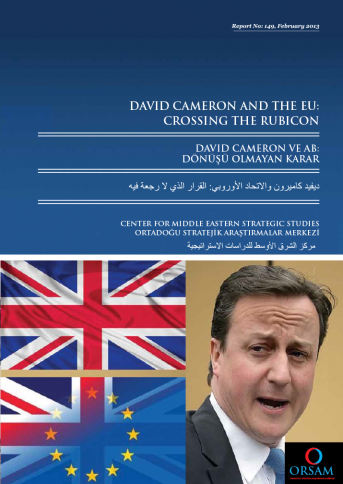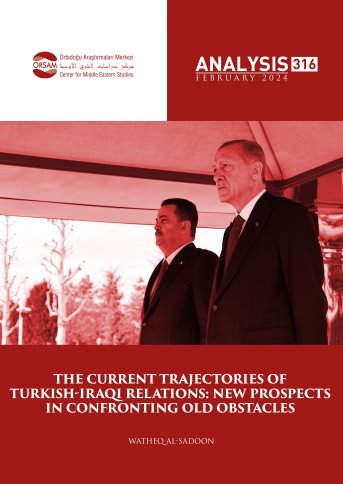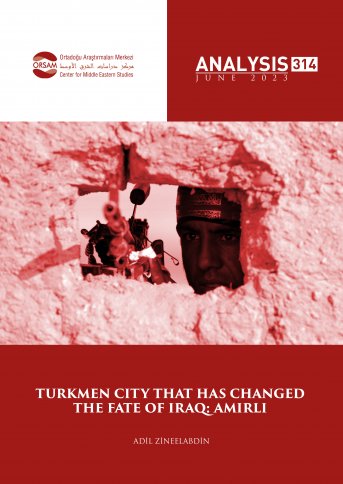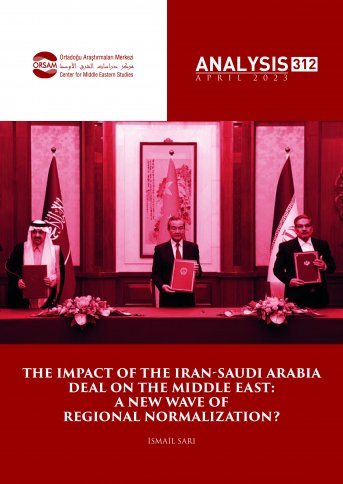
David Cameron and the EU: Crossing the Rubicon
Britain entered the 20th Century as a unipolar power, only to be reduced to second-rank in less than fifty years. In the immediate years following the ending of the Second World War, Britain stood aloof from attempts at European Integration. For Churchill especially, the Empire - quickly transforming into the Commonwealth – took centre stage alongside the most amicable relations possible with the western superpower: the United States. Europe was a distant third in foreign policy equations.
The British did realise their fault quite early on and tried to make amends by joining the integration train, persevering despite two rejections. After becoming a member, Britain immediately had doubts, which have continued unto this day.
Whether Labour or Conservative, governments have not been able to create or maintain party unity with regard to support or rejection of the European idea. This report provides a brief sketch of the post-war British relationship with Europe, whilst concentrating on Prime Minister Cameron’s pledge to hold a referendum on continued EU membership after the next general election pencilled in for 2015, paying specific attention to the political dynamics at play.
Britain is a divided country at present. There are those in all political parties that desire a return to ‘Splendid Isolation’, some who hope for an ‘Anglosphere’ and others who firmly believe that Britain’s logical place is in Europe. Come what may, the next general election will certainly be the most significant for a generation.
David Cameron faces the triple challenge of persuasion, firstly convincing his Conservative Party, secondly the British electorate and finally, his European counterparts of his vision for the European Union being the ideal for all three. This research evaluates whether the British Prime Minister can indeed place himself in the intersection of his reinvented ‘three circles’, as well as calculating the potential economic and political effects of EU withdrawal.







